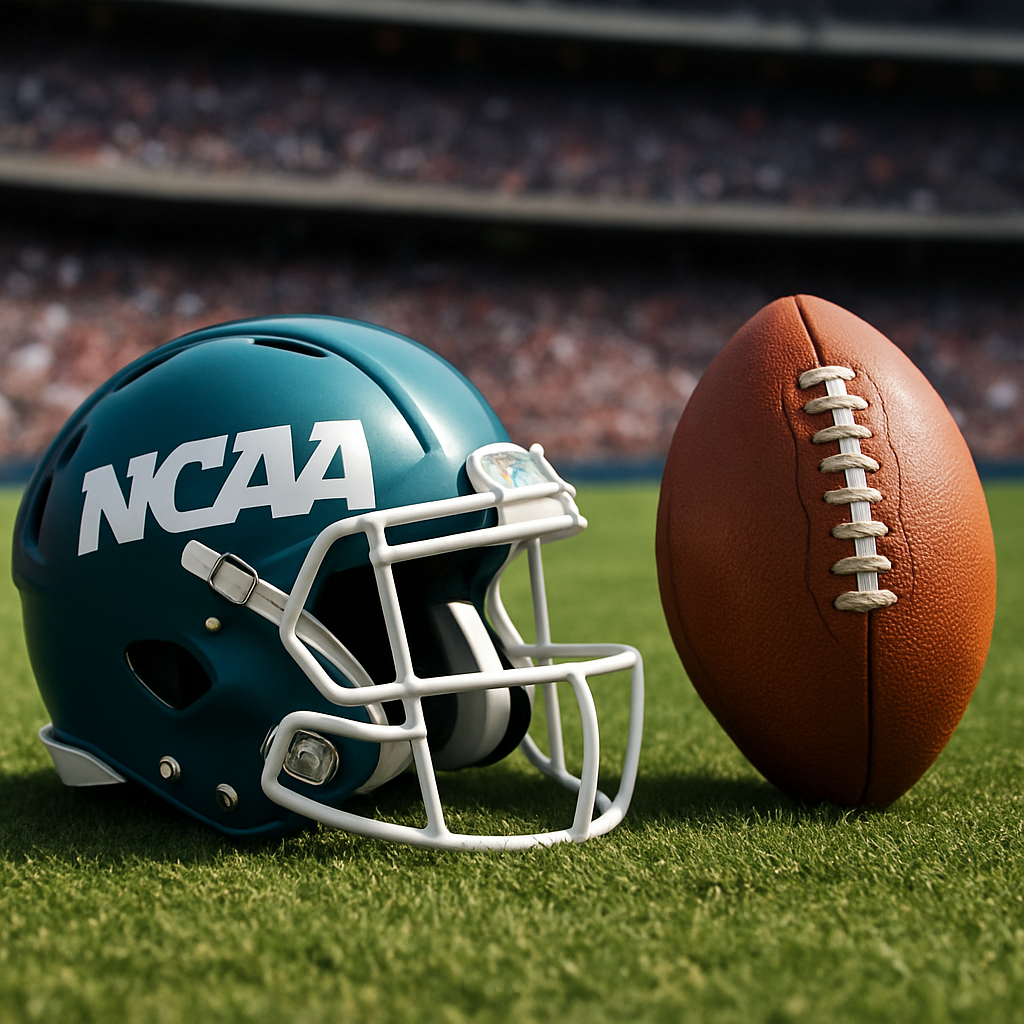NCAA Settlement – College Athletes to Receive Revenue Share Starting 2025
A landmark legal shift has hit college sports. The NCAA has agreed to settle multiple antitrust lawsuits by allowing student-athletes to receive a share of the revenue they help generate — ending a decades-long battle over compensation in amateur athletics. Beginning in 2025, players in major college sports will be eligible to receive direct payments from their schools, marking the most significant change to the NCAA model in its history.
Why is this happening now? The legal pressure became too intense to ignore. After years of lawsuits claiming the NCAA unfairly restricted players from earning money, the courts made it clear: denying athletes a fair share of the profits may violate federal antitrust laws. With TV contracts, sponsorships, and playoff deals worth billions, schools have been raking in revenue while players, until recently, received nothing beyond tuition, books, and room and board.
Can athletes now become employees? Not exactly. This agreement doesn’t turn student-athletes into employees under the law — yet. But it does signal that the wall separating education from profit is finally coming down. Athletes have already been allowed to earn money from their name, image, and likeness (NIL) since 2021. This new revenue-sharing model pushes things further, providing scheduled, school-funded payments tied directly to athletic department earnings.
The settlement — reportedly worth over $2.7 billion over 10 years — not only resolves past legal claims but lays the groundwork for future earnings. Some athletes may receive tens of thousands of dollars per year, depending on the school and sport. Football and men’s basketball, which generate the majority of revenue, are expected to see the largest distributions. But the deal includes provisions for women’s sports and Olympic-level programs as well.
Does this mean the NCAA’s amateur model is over? In many ways, yes. For years, the NCAA insisted on preserving “amateurism” — the idea that college sports were pure and non-commercial. That illusion shattered as TV ratings soared, coaching salaries ballooned, and schools built multimillion-dollar facilities on the backs of unpaid athletes. The courts didn’t buy the argument that these students were “amateurs” in any meaningful sense. Neither did the public.
What are the risks? Critics warn this could create an imbalance between wealthy programs and smaller schools. Others say it opens the door to employment lawsuits and unionization efforts. Still, the NCAA likely viewed settlement as the better option compared to a courtroom loss that could dismantle its control entirely.
Who wins in all this? The players, without a doubt. Athletes who dedicate years to grueling training, suffer injuries, and risk their futures will finally receive more than a scholarship in return. They’ve won in court, in public opinion, and now in policy.
But this isn’t just a win for athletes. It’s a moment of legal reckoning for how power, money, and fairness collide in American institutions. The NCAA’s monopoly over college sports has been challenged — and changed — not by internal reform, but by lawsuits demanding justice.
As college football kicks off next season, fans will see more than games. They’ll see a new era — one shaped not just by tradition, but by accountability.


